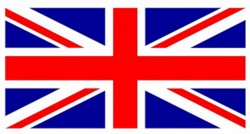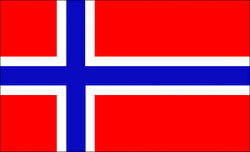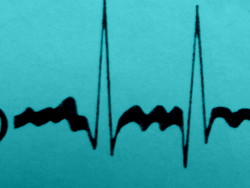
A study in Germany has shown that acupuncture can be a useful addition to usual care, in childhood asthma rehabilitation programmes.
A total of 93 paediatric patients were randomly assigned to receive either usual care, or usual care plus 12 weekly acupuncture treatments which were individualised according to each patient’s traditional Chinese medical diagnosis. In the acupuncture group following treatment, peak expiratory flow variability showed significant improvement compared with that of the control group. Additionally, the acupuncture group showed significantly reduced levels of perceived anxiety.
(Acupuncture in Children and Adolescents with Bronchial Asthma: A Randomised Controlled Study. Complementary Therapies in Medicine, October 2011.)



 Researchers in Italy have found that acupuncture prevents recurrence of arrhythmias in patients who have undergone cardioversion treatment (electrical stimulation of the heart back into regular rhythm) for persistent atrial fibrillation.
Researchers in Italy have found that acupuncture prevents recurrence of arrhythmias in patients who have undergone cardioversion treatment (electrical stimulation of the heart back into regular rhythm) for persistent atrial fibrillation.